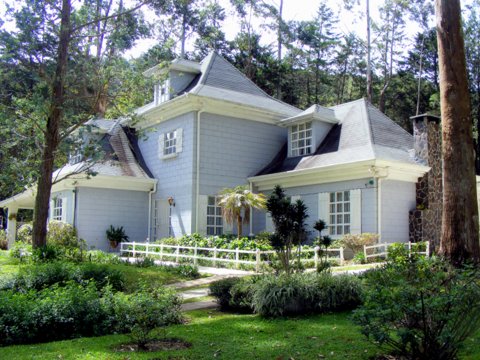Imagine that you just closed on the purchase of your property in Costa Rica, you have paid your closing attorney his fees and transfer taxes, the bank has paid the real estate developer or homeowner, you have paid your bank the lender’s fees and administration fees and you are now the proud owner of a home in Costa Rica. You have done all that hard work and now you’re done, right?
Unfortunately, no. You’re far from done. There are a lot of other details to cover. Let’s review the steps.
The Costa Rica property title
If you are a cash buyer, things tend to be much easier because you will have more control over your transaction, as you will probably be using your own real estate attorney (at least you should). When you purchase a property from a Costa Rica real estate developer, you might tend to use the developer’s attorney, which is a mistake. When you are a cash buyer, you have the right to choose your own lawyer, and I beg you to do so. A developer’s lawyer will not watch your back, only the developer’s.
In case you purchase the property with bank financing, the bank will oblige you to use its attorney. The attorney will watch the bank’s back as well as yours to make sure that the collateral covers the debt and that the title is clear except for the mortgage, which they will register on the property as a lien.
At the closing
At the closing, the seller and you will both sign the deed (escritura de compra – venta) in the protocol of the closing attorney, which will be presented to the National Register by the attorney. You should request a photocopy of the deed, a study of the National Register that shows all the property information, as well as a copy of the survey (plano catastrado). If a development is new or under construction, the register study might show “no indicado” instead of the number of the survey, meaning that the properties created by the developer do not have a registered survey at the moment of creation of the tile. For that reason, you should request that the developer bring a copy of the registered survey to the closing. If you don’t, you will never receive it and you will need it soon, as you will find out if you read on.
If you purchase the property through an S.A. (many developers do so to save transfer taxes), you should also receive five company books, the documents that change the existing shares to your name, the existing board of directors to you and your family members, and the existing powers of attorney to resign and assign you as the new power of attorney for the company that owns what will be your property.
I have seen many property owners trying to sell their property years later, only to find out they never received all the ownership documents at closing and then have to find the developers to sign off on the necessary documents. I beg you to make very sure you get all those documents at closing. It will save you a lot of hardship down the road.
After the closing
Now you have all the documents and you’re done, right? Wrong! You’re still not done yet because to complete the purchase process, you need to do some work yourself, which is what most property buyers do not realize and most closing attorneys and real estate developers will not tell you either.
Ask the attorney to send you a certificación de estudio de registro once the property is fully registered in your name or your company’s name in the National Register. I have already told you that you also need a copy of the registered survey.
If you didn’t get this at closing, you will have to go to the Catastro in Zapote or on Paseo Colon to get one for the next step. If your corporation is the legal owner of your property, you will also need an up to-date personería juridica that shows you have the power of attorney to sign for the S.A. You can ask your attorney to extend one or go online to purchase one at the National Register’s website.
Take the certification, the personería and the copy of the survey and present these documents to the real estate department (Departamento de Bienes Inmuebles) at the municipality where your property is located, so they can register the property in your or your S.A.’s name. In many countries, this last step happens automatically, but in Costa Rica you have to do it yourself.
Once this has been done, your municipality will know you are the rightful owner of the property. When you present the documents, the municipality will probably ask you to declare the actual value of the property, if this was not already done by the developer. You will have to declare the property value every 5 years. You can pay your property taxes once a year or every quarter at the same municipality.
Ivo Henfling, a Dutch expat who has lived in Costa Rica since 1980, founded the American-European Real Estate Group back in 1999 which was the first functioning MLS with affiliate agents from coast to coast.






